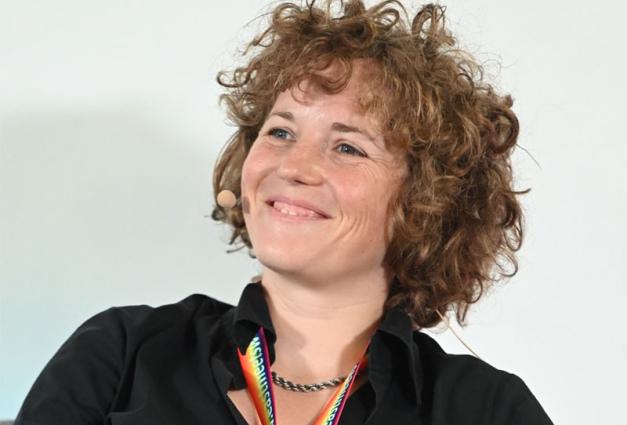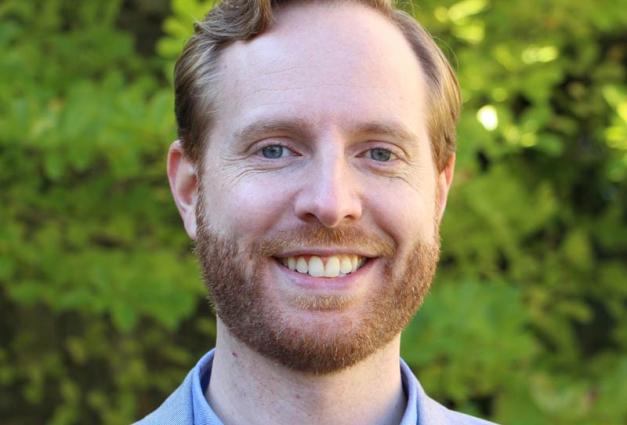Michael Kraus is an Associate Professor of Organizational Behavior and Psychology at Yale University and part of the Contending with Social Inequality Laboratory. He studies how inequality fundamentally shapes the dynamics of human social interactions. His current research explores the behaviors and emotional states that maintain and perpetuate economic and racial inequality in society. This summer Michael will transition to a new role as Professor of Psychology at Northwestern University.
What led you to choose a career in personality and social psychology?
I think I was drawn to psychology because I wanted to have a deeper psychological understanding of my own life and history. When I was growing up, I was focused on individual explanations of success (e.g., hard work and talent), and it really wasn’t until college that I finally started to understand those motivations in the context of societal structures (e.g., racism, inequality). Looking back at my early life, I saw how important those structures were for us, and how—even though I had the schooling and other individual markers of success—ignoring the structures was actually harmful to me and society. Going through school and having realizations that I could study, for a literal job, how people come to understand themselves and their place in society was sort of mind-blowing for me!
Briefly summarize your current research and any future research interests you plan to pursue.
I study how people think and feel about inequality and opportunity. Most of our research focuses on how narratives about opportunities that are earned through individual striving and effort can maintain and perpetuate various dimensions of societal inequality. Some of our very recent research is around Asian Americans, how conceiving of Asian Americans as the so-called good minority is rooted in misguided individualist explanations of success, and that these explanations are actively harmful in the way they both reproduce the racial hierarchy in society and sabotage cross-group solidarity.
Why did you join SPSP?
I joined my first year of graduate school. SPSP was in New Orleans that year (2004) and it was the one conference that all the Berkeley PhD students used to save up for so that we could attend together. The conference has been a part of my yearly travel plans most years since that time.
What is your most memorable SPSP Annual Convention experience?
I have a collection of memories around lab reunions. All the labs I have been a member of have had these reunions and they are cherished professional memories because they connect you to some of the most meaningful relationships in your life. These people were potentially people you didn’t know, but whose scholarship was formative for your own work. Then there are the people you know well but haven’t seen in a while—it is special to have a chance to be together with them and to see how their lives have unfolded.
Do you have any advice for individuals who wish to pursue a career in personality and social psychology?
I think the amazing thing about psychology is its relevance to so many contexts and industries. You can certainly see this when reading the studies that people conduct as part of a traditional academic path. It is equally true for jobs outside of the academe. Just in my own lab, we have people on the tenure track as well as people working in diversity, equity, and inclusion roles, city planning roles, and analysis and development roles in nonprofit spaces. I’m proud of everyone, and excited that people can apply what they learn from a degree in psychology to so many different domains.
Outside of psychology, how do you spend your free time?
I’m a dad. These days we spend most of our time shuttling our kids between choir, band, taekwondo, and school. That also means I get to be “cringe” around my 10-year-old. I accomplish this by doing dad jokes like the following: I have noticed that I only get sick on weekdays… yeah, because of my weekend immune system. This is basically my life now.



